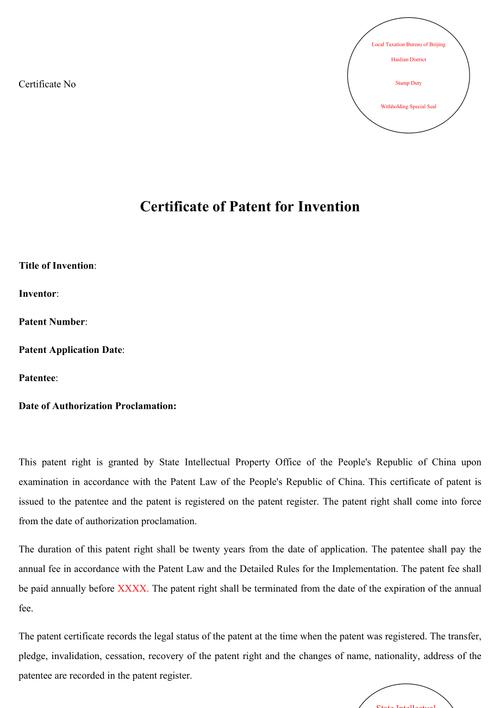Title: Patent Expiration
Introduction
Patent expiration marks the conclusion of the exclusive rights granted to a patent holder, allowing others to freely use, make, and sell the patented invention. This event significantly impacts various industries, ranging from pharmaceuticals to technology, influencing competition, innovation, and market dynamics. Understanding the implications of patent expiration is crucial for businesses and innovators alike.
Understanding Patent Expiration
Patents are granted by governments to inventors, providing them with exclusive rights to their inventions for a limited period, typically 20 years from the filing date. These exclusive rights enable patent holders to prevent others from using, making, selling, or importing their patented inventions without permission. However, once the patent term expires, the protected invention enters the public domain, becoming freely accessible for anyone to utilize.
Impact on Industries
1.
Pharmaceutical Industry:
In the pharmaceutical sector, patent expiration often leads to the entry of generic versions of drugs into the market. Generic manufacturers can produce and sell these drugs at lower prices since they are not burdened by the research and development costs incurred by the original patent holder. This increased competition can benefit consumers by driving down prices and expanding access to essential medications.
2.
Technology Sector:
Patent expiration in the technology industry fosters innovation and competition. Once patents expire, competitors can freely utilize the previously protected technology, encouraging further advancements and the development of new products and services. This dynamic environment stimulates technological progress and enhances consumer choice.
3.
Biotechnology Field:
Patent expiration in biotechnology often results in the emergence of biosimilar products. These are highly similar versions of biologic drugs whose patents have expired. Biosimilars offer costeffective alternatives to expensive biologic therapies, promoting affordability and accessibility in healthcare.
Strategies for Patent Expiration
1.
Diversification of Product Portfolio:
Companies can mitigate the impact of patent expiration by diversifying their product portfolios. Investing in research and development to create new inventions and obtaining patents for them ensures a continuous stream of revenue even as existing patents expire.
2.
Licensing Agreements:
Patent holders can enter into licensing agreements with other companies, allowing them to use the patented technology in exchange for royalties or other forms of compensation. This approach enables patent holders to generate revenue from their inventions beyond the expiration of the patent term.
3.
Market Expansion:

Expanding into new markets, especially those where patent protection is still in force, can offset the effects of patent expiration in existing markets. This strategy involves identifying regions or countries with untapped potential and leveraging intellectual property rights to establish a presence in these markets.
Conclusion
Patent expiration is a pivotal event that shapes the landscape of various industries, influencing competition, innovation, and consumer welfare. Understanding the implications of patent expiration and implementing effective strategies to navigate this transition period are essential for businesses and innovators to thrive in dynamic and competitive markets.
References:
United States Patent and Trademark Office (USPTO)
World Intellectual Property Organization (WIPO)
European Patent Office (EPO)












评论